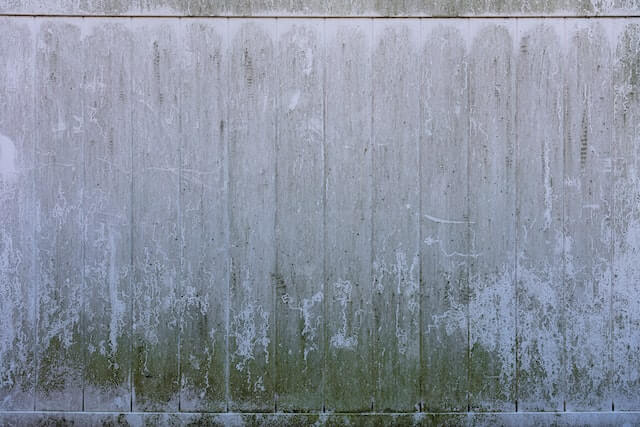A home’s value may be significantly impacted by the presence of mold. Mold may lower a home’s worth in a number of ways, including decreased property value, higher maintenance expenses, health risks, and legal complications. Reducing a home’s market value is one of the most important ways mold may lower its worth. Homeowners who wish to sell their properties but have mold issues may need to dramatically lower their asking price to draw buyers. On top of that, it can make a house less desirable to potential purchasers.
Repairing mold damage may be costly, particularly if it has spread throughout the house. Since they do not want to pay the extra cost of fixing the damage, buyers can be reluctant to buy a house with mold issues. Mold may have a negative influence on your finances as well as your health. Mold can result in allergic responses, respiratory troubles, and other health concerns. Even after the mold has been eliminated, prospective buyers or renters may be hesitant to buy or rent a home if they are aware of it.
In some cases, mold problems can also result in legal issues. If a homeowner fails to disclose the presence of mold to a buyer, they may face legal action if the buyer discovers the problem after the sale.
When Should I Walk Away
It can be difficult to decide whether to leave a mold-infested home, and there are many things to think about. As we discussed, the extent of damage and health risk are two important factors that will affect your decision.
The cost of cleaning up mold can be high, especially if it has spread throughout the entire house. It’s important to take into account the whole cost of maintaining and repairing the property since the expense of mold cleanup may be exorbitant. In certain circumstances, leaving the property and moving on to one that doesn’t require extensive rehabilitation may be more cost-effective.
Also, if the seller conceals the existence of mold, it can be a sign that there are further problems with the home. A lack of openness may be a sign that the vendor is unreliable and may cause further issues in the future. Before making a choice, it is essential to perform a comprehensive inspection of the property and make sure the seller reveals all pertinent facts.
Regardless of the degree of the damage or the expense of restoration, it may be advisable to leave the property if the notion of living in a house with mold makes you uneasy or frightened. Mold may be unattractive and smell bad, which might affect how comfortable you feel in the place.
As a matter of fact, the choice to leave a mold-infested home is difficult, and it’s important to take into account a number of criteria, such as the expense of repair, disclosure, and personal tolerance. In the end, your choice will be based on your unique situation and goals, so it’s important to get professional advice from real estate agents or mold remediation specialists to make an educated choice.

